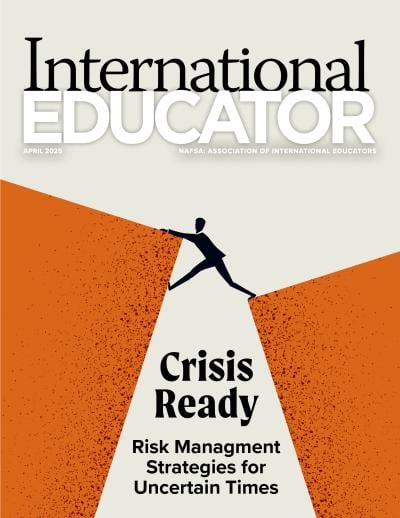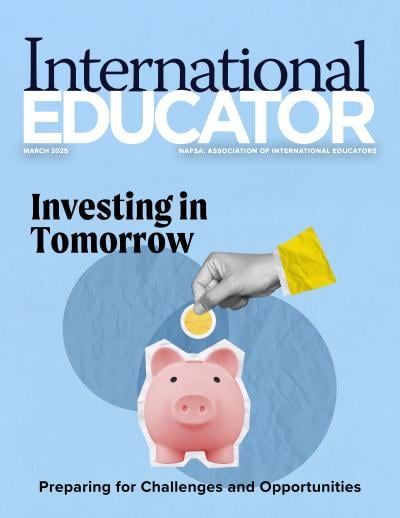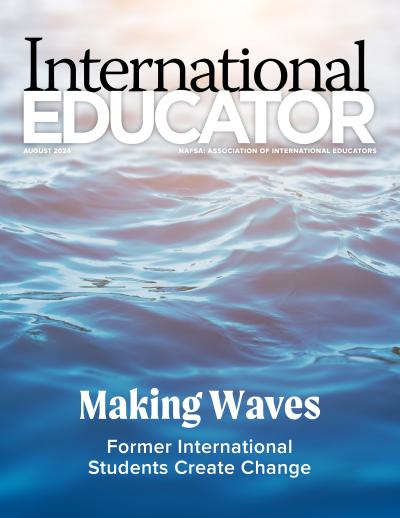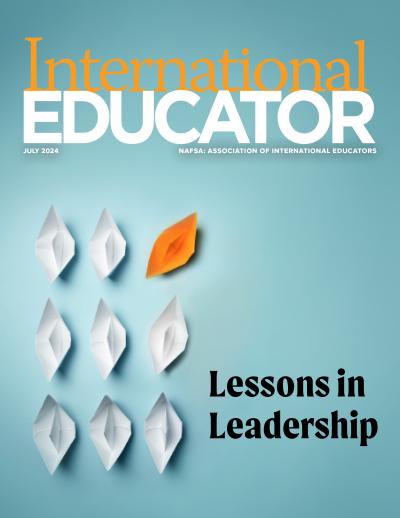The Rhythm of the Heart and Why It Matters
Love. It is not for the faint of heart. Yet it is the capacity to love that strengthens our hearts, opens possibilities, creates opportunities for connection, and gives us the courage to stay openhearted.
So, what does love have to do with it? Everything.
According to the Heart Math Institute (HMI), the heart generates the body’s most powerful and extensive rhythmic electromagnetic field—one that is 5,000 times stronger than the brain’s. We can take a lesson from Rod Stewart’s 1991 banger “Rhythm of My Heart” (beating like a drum), because heartbeat patterns can be measured from up to 5 feet away by a technique called spectral analysis, which audits how emotions affect the rhythmic patterns of the heart. We don’t think someone has a big heart, we feel it.
Anger or frustration correspond with turbulent patterns, whereas feelings of love or appreciation are associated with smooth patterns. HMI’s research demonstrates that a steady heartbeat and accompanying feelings of love lead to increased confidence and empathy.
Love is often praised in theory but discarded in practice. Love makes the world go round but violence, oppression, and injustice create a Sisyphean dynamic. To quote John Steinbeck, “We admire the quality of the first and love the produce of the second.”
Love is not confined to romance. At its highest level love is generative and disarming. It dispels the myth that we are separate and magnifies the crucial interdependence of humanity.
“Love doesn't just sit there, like a stone, it has to be made, like bread; remade all the time, made new." —Ursula K. Le Guin
At the American University of Beirut-Mediterraneo in the island country of Cyprus, four students came together for six weeks to contemplate and investigate what love has to do with the extensive scope of the heart. Studying in the city where, according to legend, the goddess of love emerged from the sea, students from Ethiopia, Jordan, Nigeria, and Pakistan were introduced to the work of visionary scholars, scientists, conservationists, theologians, and poets committed to the serious discourse required of a love ethic. Readings included work from Ram Dass, bell hooks, Thomas Merton, and Nayyirah Waheed. Through weekly journaling, they reflected on their personal experiences of love and unpacked cultural attitudes on the subject.
These young stewards of love are the next generation of mediators between the head and the heart. Through their work, they align their belief in love as a principle with the action essential to make it real. Here, they share what they learned during their time at American University of Beirut-Mediterraneo.
What have you learned about love?
I’ve learned that love is a journey. My core experience of love has been through family. My parents modeled love in our family’s everyday life. I did not always understand their approach or what it was teaching me. However, I’ve grown to recognize and appreciate their love. Their high academic expectations taught me excellence. They challenged me to recognize my potential so that I would set high standards for myself to grow. Their guidance and direction became a pathway for me to uphold high moral standards, and I learned that tenacity is a part of upholding love. During Saturday morning chores, instead of an extra hour of sleep, I learned love through compassionate and humble service. What began as a habit helped me seek out ways to leave people and spaces better than I found them. Sometimes the act of love we offer may seem tiny to us, but it creates a mighty impact in others’ lives. —Erinayo, Nigeria, studying business administration
What has love taught you about yourself?
Throughout my journey of self-discovery, I have looked to the people I love for clues. For instance, my sister has such an impact on my life that I often consider what she would do in a given situation. She is an extremely genuine person; she's the reason I got into basketball; she's the reason I do well in school. Her love inspires me to challenge myself, and to entertain possibilities. She is the foundation of my very being and the way she embodies her values has influenced the way I live my life. Her presence in my life is a reminder of the power of love to transform and uplift. The love we share is a testament to the profound impact that one person can have on another, shaping not just actions and decisions, but the very essence of how I want to live my life, and who I aspire to be. —Maraki, Ethiopia, studying industrial engineering
What do you think love is?
Love, I think, is liquid. It takes on the shape of whatever container it is in, and so it is different for everyone. I think that love is never giving up on yourself. Exploring how I relate to love and examining how it shows up in all areas of my life has given me a chance to understand something we experience on a daily basis but don't frequently talk about. Love is the very thing we live for.
Love is active. It’s a feeling but it’s more than that. Love is sitting down and pausing, solving problems. It’s showing ourselves and others that our relationships are worth the time and devotion to make things better for each other. I’ve witnessed thoughtful and personalized gestures of love unique to both the giver and receiver, and I think love is a series of choices—an act of choosing over and over again. —Shane, Pakistan, studying philosophy, politics, and economics
What is your understanding of love?
Love manifests in countless moments and forms. It’s present in the compassionate touch of a nurse, the tireless support of a friend, the gentle guidance of a teacher, or the quiet presence of a partner. We feel it in shared joy and profound sorrow, in the celebrations that mark our achievements and in the solace offered during our darkest times. Observing love can be just as impactful as feeling it. Witnessing a stranger helping another with genuine concern or seeing communities come together in times of crisis reinforces our belief in the goodness of humanity. These moments remind us that love is not just an abstract concept but a dynamic force that can drive significant, positive change in the world.
Love demands courage to be open, to be vulnerable, to be genuine. It asks for honesty, not only with others but with oneself. It challenges us to let go of past grievances and move forward with compassion and understanding. Love requires us to look beyond our own needs and desires, to consider and care for the well-being of others, even when it’s difficult. Love asks us to support one another steadfastly and to remain connected through the trials that inevitably touch our lives. It encourages us to grow, to evolve alongside loved ones, and to continually nurture the bonds that sustain our relationships. —Zain, Jordan, studying philosophy, politics, and economics
About International Educator
International Educator is NAFSA’s flagship publication and has been published continually since 1990. As a record of the association and the field of international education, IE includes articles on a variety of topics, trends, and issues facing NAFSA members and their work.
From in-depth features to interviews with thought leaders and columns tailored to NAFSA’s knowledge communities, IE provides must-read context and analysis to those working around the globe to advance international education and exchange.
About NAFSA
NAFSA: Association of International Educators is the world's largest nonprofit association dedicated to international education and exchange. NAFSA serves the needs of more than 10,000 members and international educators worldwide at more than 3,500 institutions, in over 150 countries.
NAFSA membership provides you with unmatched access to best-in-class programs, critical updates, and resources to professionalize your practice. Members gain unrivaled opportunities to partner with experienced international education leaders.











